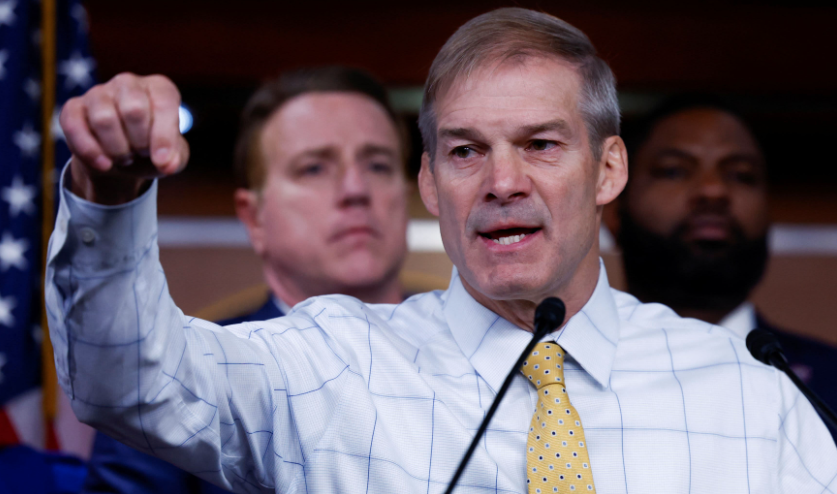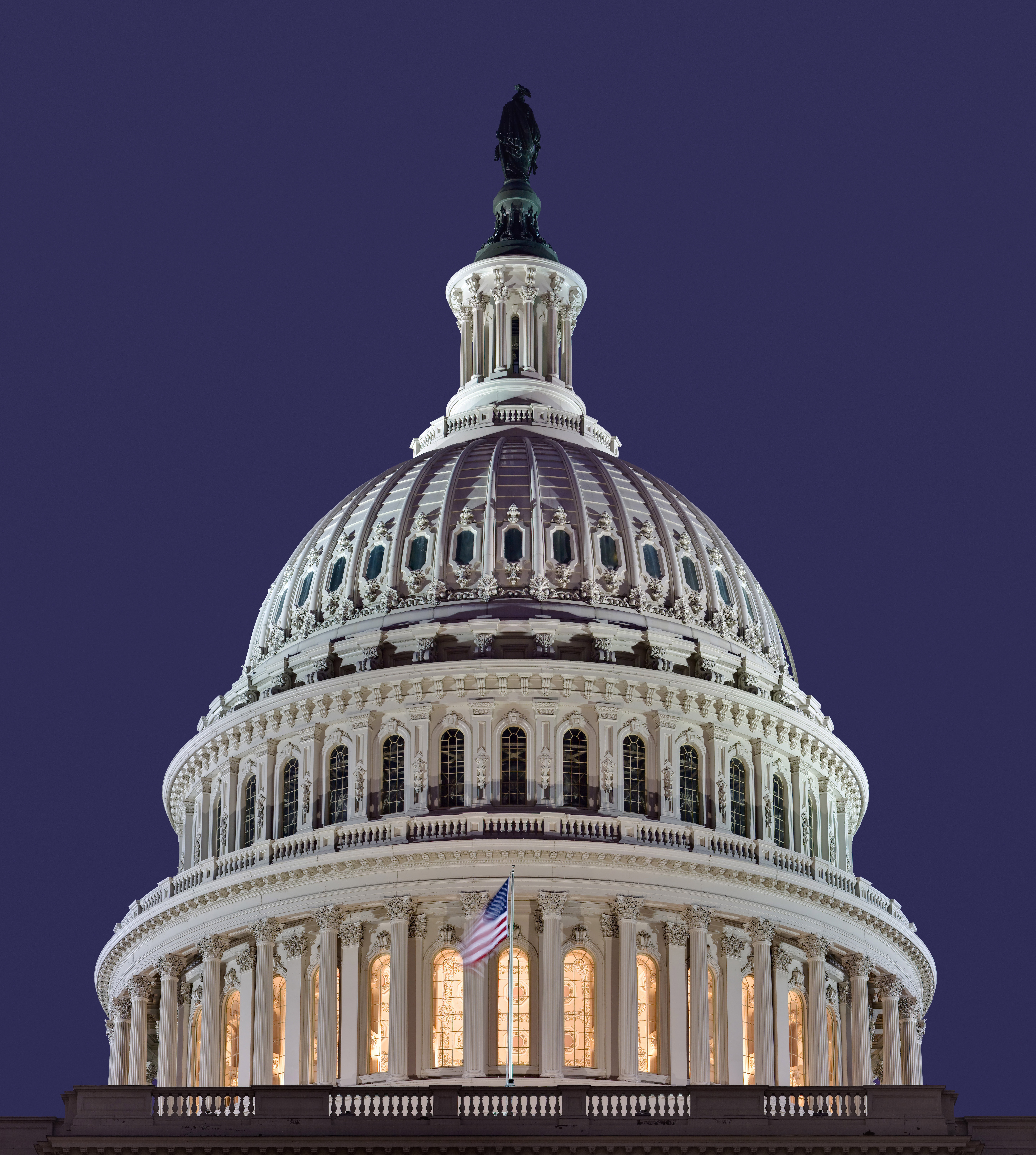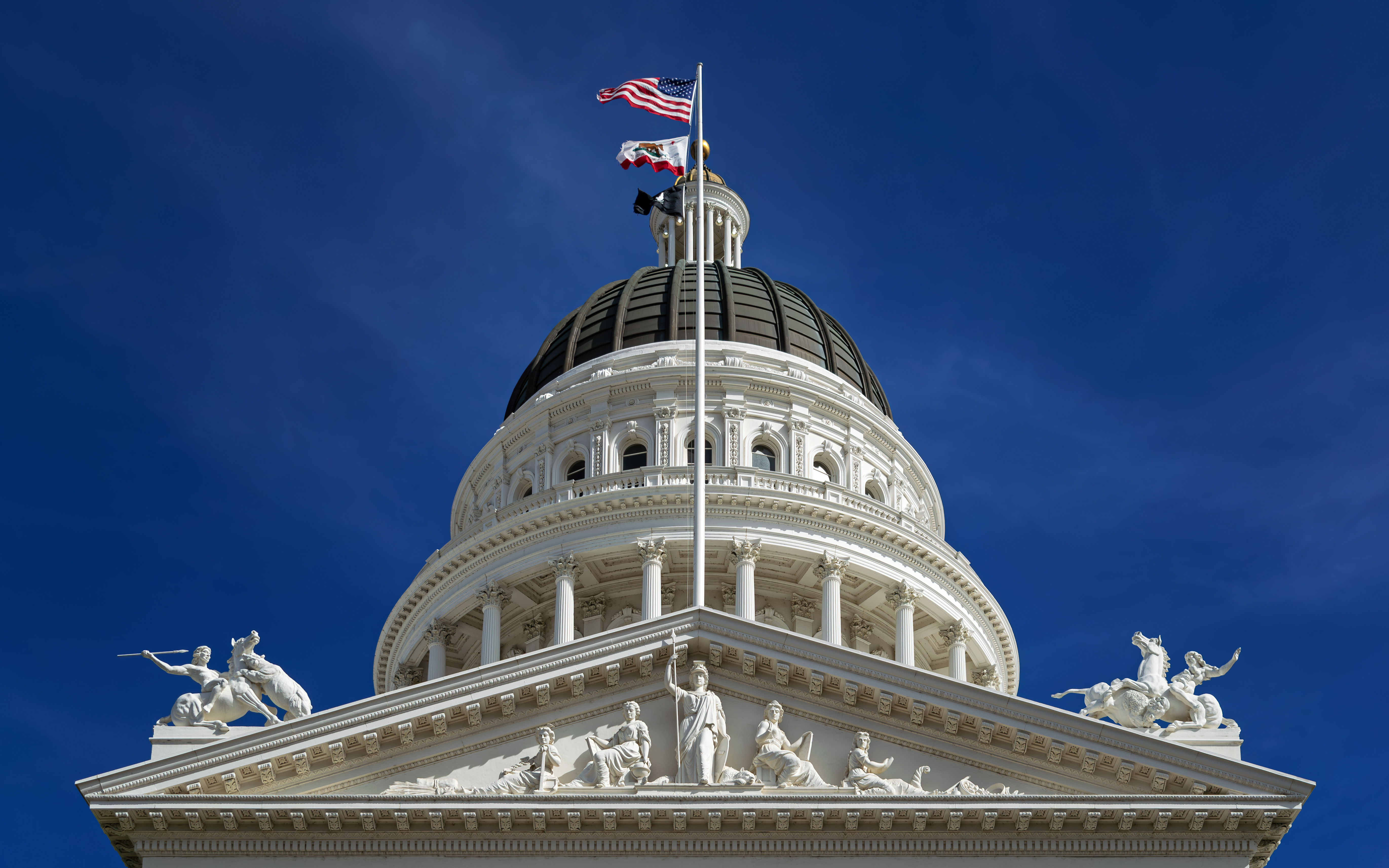A citizen of a Republic embodies a unique blend of freedom and responsibility. To be such a citizen means to buy into a higher level of freedom than any other subject of a crown or a slave to a master. This freedom, however, comes at the cost of investing time and effort to become a politically aware and active individual. In a Republic, the citizen is the state, not merely a passive participant within it. This fundamental principle distinguishes republics from all other forms of governance.

Carrying the weight of the Republic, a citizen cannot afford to switch to autopilot. The onus falls upon each individual to remain informed and sharp, constantly in touch with both history and current affairs. It requires a steadfast adherence to personal morals and an unwavering willingness to voice opinions in the public sphere. Being a citizen of a Republic is not for the faint-hearted, as it obligates one to ongoing participation and vigilance.

In the machinery of a Republic, a citizen is not a cog or a sheep, but the engineer driving the gears of governance. It’s not only about defending the rights one enjoys, but also actively contributing to the societal discourse and making informed decisions about the country’s future.

Maintaining this active role necessitates commitment to personal growth and development. A healthy and fit body, a well-educated and knowledgeable mind, and honed reasoning skills are assets in the exercise of citizenship. To effectively engage in debates and contribute to civic discourse, a citizen must be prepared to reason, listen, and articulate ideas coherently.
While freedom is a cherished virtue, it isn’t without cost. The sustainability of a Republic rests on the sacrifices and commitment of its citizens. The absence of a monarchy, a vassal state, or slavery doesn’t mean that citizens can relax their vigilance. Instead, they must fiercely defend their liberties and remain ever-watchful for signs of corruption and misuse of power among their representatives.
Ultimately, a citizen’s rights and responsibilities converge at one crucial juncture: voting. This act is the bedrock of a Republic’s democratic process, a sacred trust held by each citizen. Safeguarding the integrity of the vote is paramount. If citizens cannot trust the voting process or if they fail to defend its legitimacy, the foundations of the Republic become dangerously weakened.
In a Republic, the citizen is not a passive observer but a defender, a participant, a contributor. It calls for active engagement, constant learning, and robust participation in public discourse. It asks for bravery, resilience, and above all, an unwavering commitment to liberty. It is an ongoing journey of growth, vigilance, and participation. This is what it truly means to be a citizen of a Republic.








